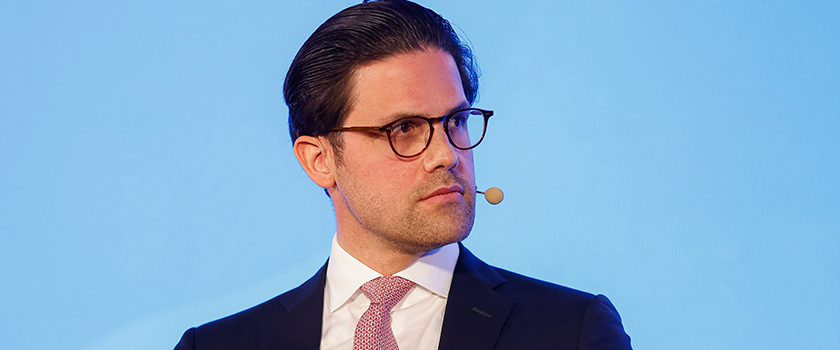The Chinese Communist Party holds a congress every five years. It is the main platform to observe changes in the country's leadership and ideology. But the 20th congress was even more important than usual.
What happened at the 20th session of the Chinese Communist Party Congress, which concluded on 22 October after a week of closed-door meetings in Beijing? In this new podcast, our expert Carlos Casanova, Senior Economist for Asia Pacific at UBP in Hong Kong, decodes the three main takeaways for global investors.
- As expected, President Xi has further consolidated his power, securing an unprecedented third five-year term. The Chinese Communist Party has unveiled the new hierarchy of the Politburo Standing Committee, with four newcomers. All seven members of this key Party body are considered Xi loyalists.
- President Xi’s wide-ranging opening speech demonstrates a shift in emphasis towards modernisation and security themes, away from the economy and reforms, confirming a move towards quality over quantity of growth under the new paradigm of “Common Prosperity”. As the pace of recovery remains sluggish, President Xi will be forced to show some economic pragmatism if he wants to pursue his ambitious political agenda. It seems reasonable to assume an implied growth floor of 4.0% per year until 2035.
- Security was mentioned numerous times by President Xi, reflecting a growing concern about an increasingly challenging external environment. Security is likely to become an even more important driver of Chinese policy. It must be considered in a broad sense, not just in military terms: it includes the need to reduce bottlenecks in key supply chains such as technology, food and energy.








